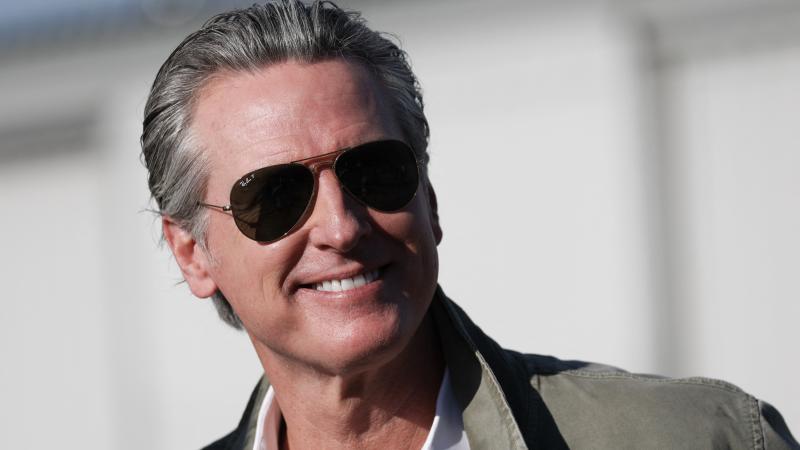Major money manager, writer says there is an epidemic of young men simply choosing not to work
Bahnsen, who manages more than $4.5 billion in assets said "I think that the decline in labor participation for us began a long time ago."
Chief Investment Officer and founder of wealth management firm The Bahnsen Group, David Bahnsen said there is a major epidemic in the U.S. of young men deciding not to work.
"I think that the decline in labor participation for us began a long time ago," Bahnsen said on the "Just the News, No Noise" TV show. "There were circumstances that were severely exacerbated during COVID. But culturally, we have an epidemic of primarily men that are choosing not to work."
Bahnsen manages $4.5 billion in client assets and was previously a Managing Director at Morgan Stanley. The National Review has called him "the apostle of free and virtuous markets, of prosperity and human flourishing."
When it comes to men and young people in general choosing not to work, Bahnsen said that he believes that this could also be a spiritual crisis. "One of the beliefs I have is that this is largely a spiritual epidemic and that there's a cultural crisis that started with the sort of secularizing of the way we think about these things," he said.
Bahnsen theorizes that this secular way of thinking about work started with the "Baby Boomer" generation. He argued that while that generation worked hard, one of the motivations behind that work ethic was to reach a point of retirement and be able to vacation as a reward. He argued that that isn't a good way to look at work.
He wrote a book on Americans' and their attitude towards work in a book released this month, titled "Full-Time: Work and the Meaning of Life."
Bahnsen explains how in the book he explains that he actually doesn't like the term "work-life balance" because work is a part of everyday life. "The question I asked is, how many of you want to go home and say to your spouse, 'I'm working on sort of a marriage-life balance?' Some of these things are part of our lives and we should embrace that," he said.
He said that when the country shut down in 2020 due to COVID, people's mental health took a hit when a lot of people had to stay home and work.
"I think that alienation has led to greater levels of despair," he said. "Admittedly, some of these things were already on the rise like the opioid epidemic in particular. It was certainly something that had been growing significantly in about two decades before."
"But I think going back to that de-spiritualization of the country and the removal of a sort of moral North Star that we are supposed to believe in as a free and virtuous society has had absolutely terrible effects, including the way we view work," he added.
















